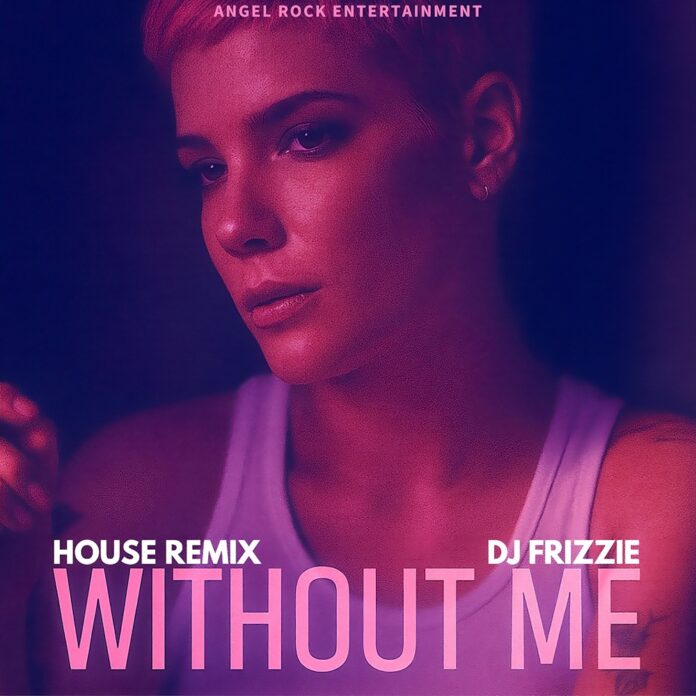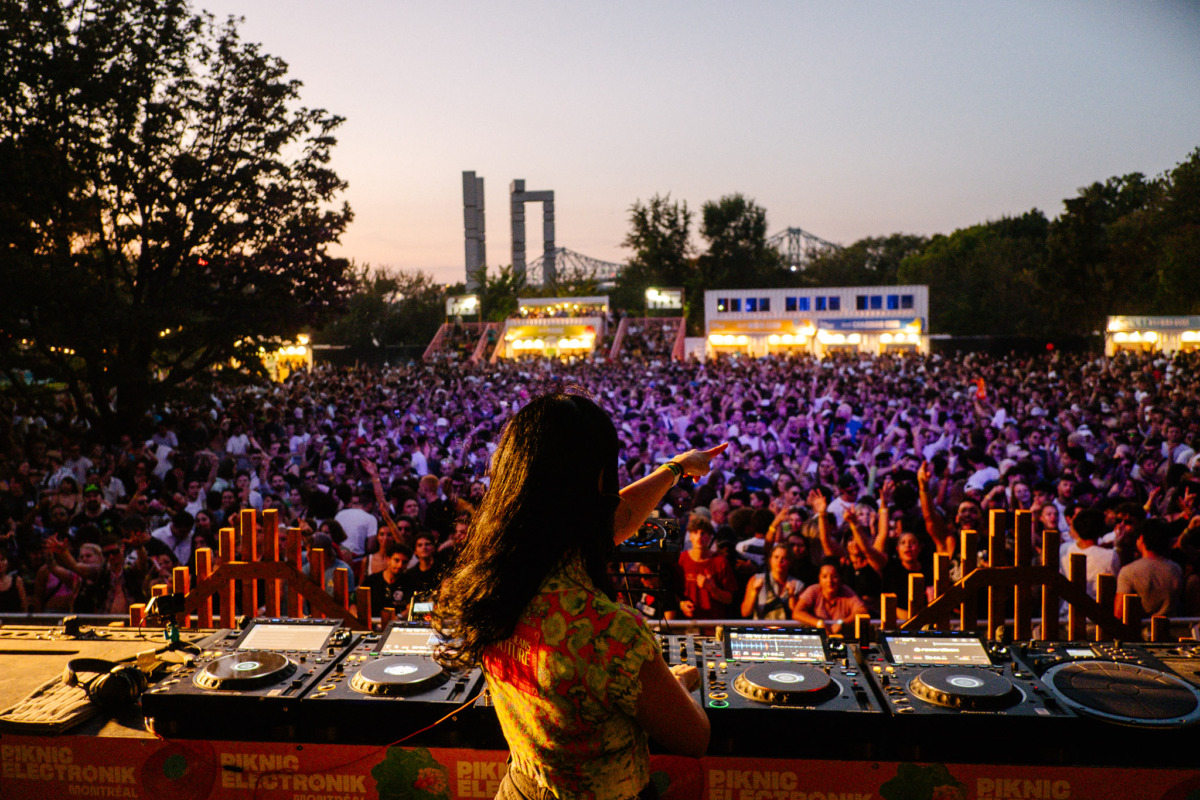What was the point of the Rebuild of Evangelion movie series? On the basic level, it was to make money, but was there a greater artistic purpose to remaking Neon Genesis Evangelion beyond that? Each movie in the series seemed to offer a different answer. Evangelion: 1.11 You Are (Not) Alone was a remake so slavish it became boring. Evangelion: 2.22 You Can (Not) Advance made more changes and was more entertaining, providing a more popcorn movie take on Evangelion. Evangelion: 3.33 You Can (Not) Redo brought back Hideaki Anno's darker instincts, but the time-skip plot was bogged down in technobabble and confusion.
The most logical artistic reason for remaking Evangelion has always been to give it a new ending. The TV anime's ending presented an optimistic message in a controversial fashion that abandoned most of the plot and supporting characters, while The End of Evangelion movie was dramatically stunning but controversial for its incredibly depressing story. Could Evangelion: 3.0+1.01 Thrice Upon a Time combine the strong points of both endings to offer a definitive and satisfying conclusion to the whole franchise? It seemed like an impossible task, but after nearly as many delays as The Winds of Winter, the movie is finally here -- and it's a success that justifies the existence of the whole Rebuild project.
Your mileage may vary on whether this is a better film than The End of Evangelion. That movie had two directors, Hideaki Anno and Kazuya Tsurumaki, while the new one has four: the previous ones plus Katsuichi Nakayama and Mahiro Maeda. Thrice Upon a Time is more tonally varied but some segments are stronger than others; the Ghibli-esque environmentalist pastoralism of its surprising first hour and the more intimate and conversational final act prove more compelling overall than the apocalyptic action of its middle section, which lacks the visual inventiveness of End of EVA even with its higher average animation quality.
However, Thrice Upon a Time is undeniably the best of the Rebuild films and even manages to make some of the questionable decisions of previous installments make perfect sense in retrospect. Trapping the EVA pilots as 14-year-olds due to "the curse of the EVA" in 3.33 could have been a metaphor for Anno's sense of arrested development just as much as a lazy excuse to not change up their hyper-merchandised character designs. The new movie confirms it's the former, finding dramatic tension from Shinji and Asuka watching their old classmates growing up without them. 3.0+1.01 also fills in enough details about Misato's experiences during the time skip to give her a more convincing emotional arc.
The new characters at Misato's WILLE organization still aren't a fraction as interesting as the ones from the original series. Mari Illustrious Makinami, the Rebuild film's big new character, still isn't particularly complex either, but here she actually serves more of a purpose beyond simple fan service. For one thing, it's helpful to have an EVA pilot able to actually do things while the others are facing their assorted personal tortures. For another, having someone who's relatively mentally stable in Shinji's life is extremely important to make the ending work as well as it does.
As Evangelion has always been, Thrice Upon a Time comes down to Shinji's struggles with his father, and the film gives Gendo more depth than any previous version of the story. It's also about the very instinct to remake Evangelion in the first place; fan theories about how the Rebuild films connect to the original series in some way are addressed in a clever if semi-confusing fashion. As a film, Thrice Upon a Time is as imperfect as anything in the Evangelion franchise, but as Anno's last word on the franchise, it might just be a perfect ending.
All four Rebuild of Evangelion films are streaming worldwide on Amazon Prime Video.
About The Author

